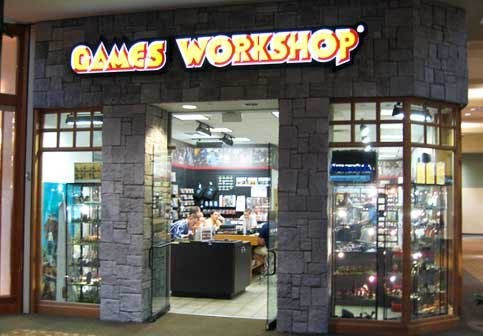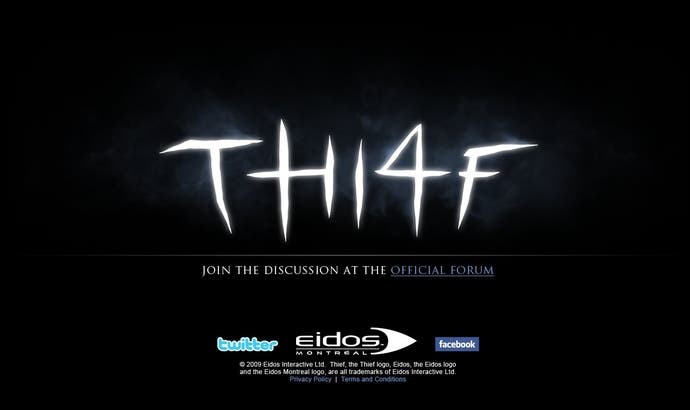Videogame Lifer
Lara Croft legend Ian Livingstone on a very varied career.
Clearly no one can afford to ignore online. Some people say that by 2013 revenues from network sales will surpass those of packaged goods at retail. All publishers and content owners need to get their online strategy in place sooner rather than later.
You can't afford to ignore the new platforms. There's iPhone, on Facebook there's Zynga with 250 million players. Then 12 million World of Warcraft players. These are big numbers and you've got to be in that space.
Have we announced that? I really can't comment on that at this point.
The negative?
Yeah. Kane & Lynch 2 clearly had a Marmite effect on people. You either loved it or hated it. Some people liked the juddering camera, home video style. Others absolutely hated it. Some loved the characters. Some didn't like the characters.
But it's artistic, thrill-a-minute instant action stuff. I thought it was a great game, but I can understand people might not have liked it.

We haven't made any announcements about Kane & Lynch going forward, but we all know that Kane and Lynch are two amazing characters who have a lot of brand equity. People like those guys, so they're not going to disappear.
There have been a small number of lay-offs, but other than that I don't want to talk about IO today.
...
I need to check. Why don't you send me an email and I'll tell you what I can. I'm always getting in trouble for saying things I shouldn't.
Trouble in inverted commas. They say, 'We haven't announced that! Why are you saying that?' Oh, sorry!

Probably Pong. That's being a bit flippant, but it taught me many things. It taught me about compelling gameplay. When people ask me, 'What are the three most important things in a game?' I always say, 'Gameplay, gameplay, gameplay.'
Graphics and technology are of course essential, but at the end of the day gameplay is the most important thing. You will always play a game with great gameplay and average graphics rather than a game with great graphics and average gameplay.
It taught me about simplicity. The rules are simple. Six words: avoid missing ball for high score. Developers often lose that message and they make games too hard and too complicated with complicated controls and rock-hard puzzles right in the middle of where they're going. Why?
Surely you want people to enjoy all your work. You don't go to the cinema, see 10 minutes of the film and then you're not allowed to see any more. It's ridiculous. Make it accessible for everybody to complete a game. You want some difficulties – that can be off-road – but don't prohibit anyone from going from A to B.
And the fact you want to play it again and again and again – it had that replay value. So for me there were three or four really important lessons from Pong, which, after all, was just one white dot moving across the screen, yet it had deep meaning.
But other games... Civilization. I used to play Championship Manager an awful lot in the early days, but that was just fun.
Yeah. I play a lot of games. I play social games. I play iPhone games. Everyone's playing Angry Birds, and I'm one of them. I still enjoy playing Virtua Tennis on Dreamcast. I play that with my kids. That was a great game.
If I'm allowed to say something that's not a computer game I'd have to say above everything else is Dungeons & Dragons. That had a huge influence on me. The fact you could role-play and level up with experience points and explore worlds through conversation – that opened a whole new dynamic to gameplay. That would be more important than Pong.
Ian Livingstone is Life President of Eidos Interactive.
